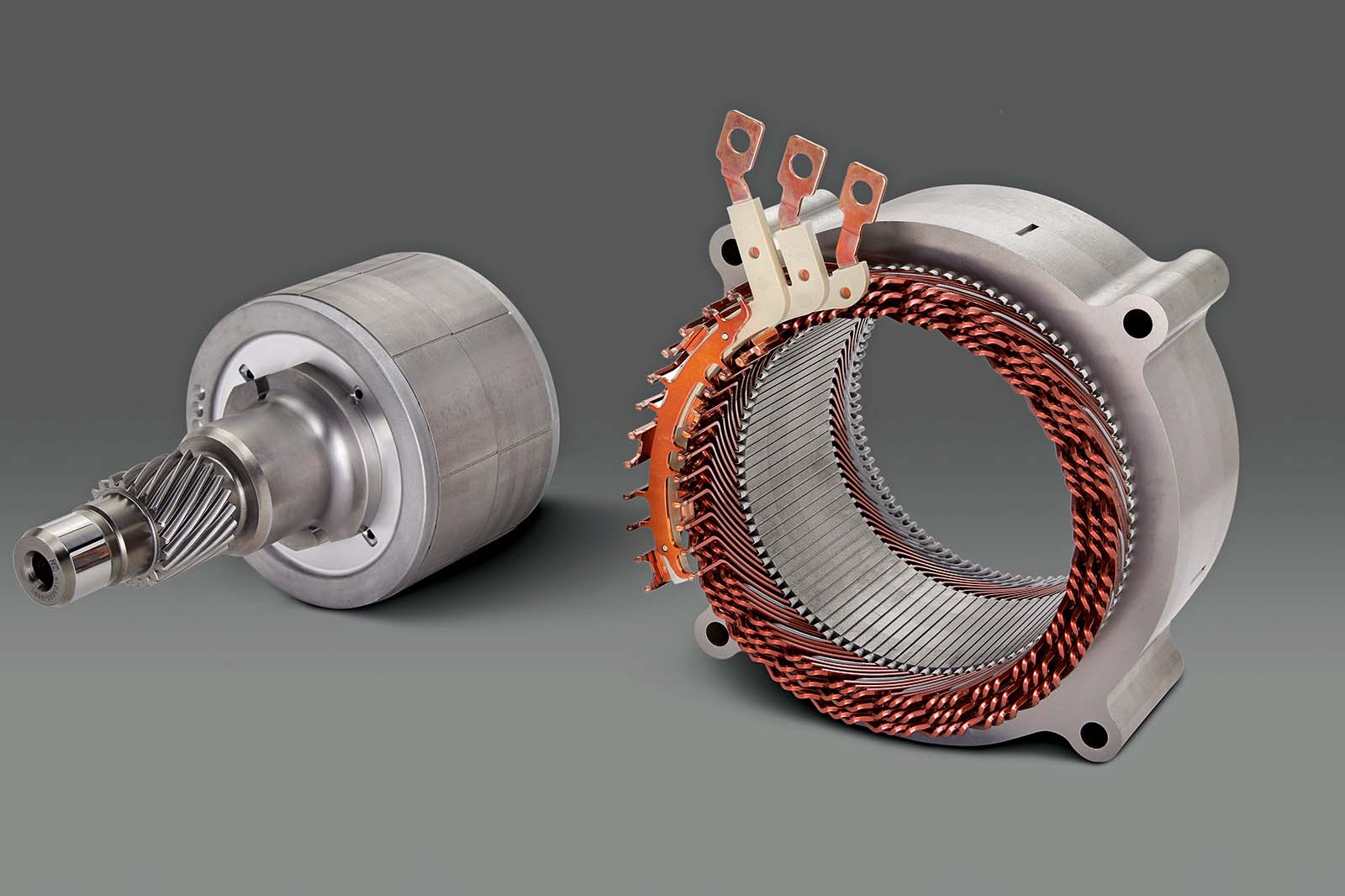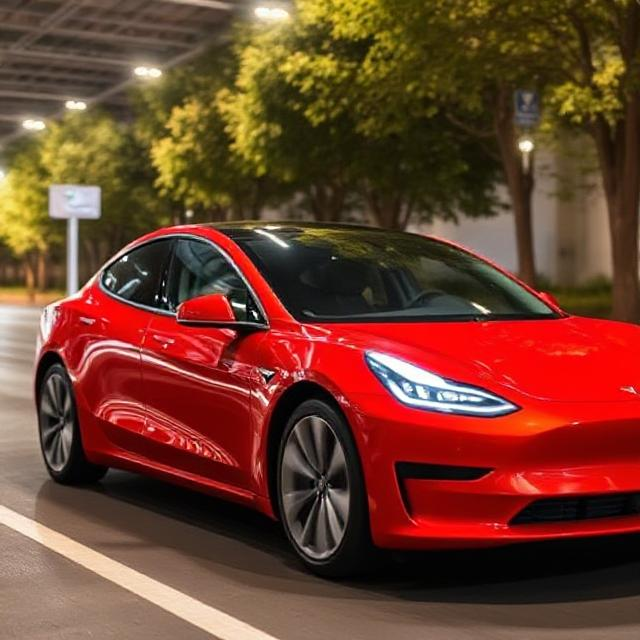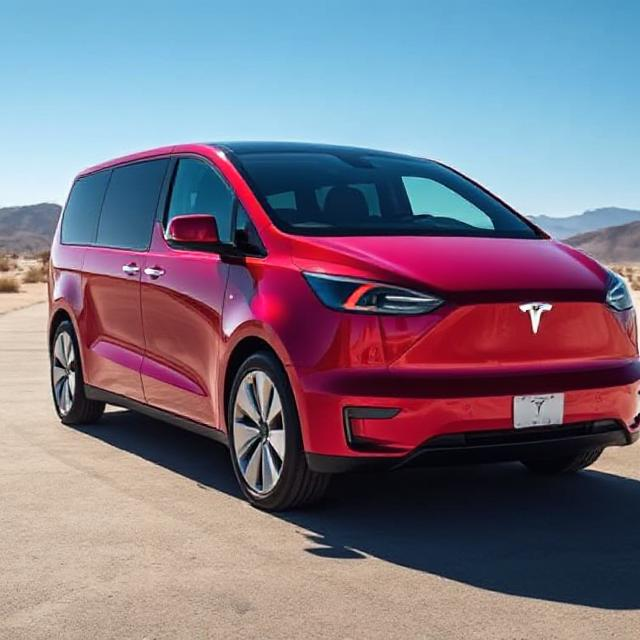Electric cars have been gaining popularity over the years, with their environmentally friendly image and smooth, silent rides. However, there’s one glaring issue with these vehicles that often gets overlooked – the reliance on rare metals in their production. While electric cars offer numerous benefits, the use of rare metals is a cause for concern, both for the environment and for the longevity of these vehicles.
Now, I know what you’re thinking – “I don’t care about rare metals, I just want to drive a cool, futuristic electric car.” But hear me out, because this is important. The production of electric car batteries requires a significant amount of rare metals such as cobalt, lithium, and nickel. These metals are not only expensive, but their extraction and processing can be incredibly damaging to the environment. Additionally, their scarcity can lead to supply chain issues, driving up the cost and limiting the availability of electric vehicles.
So, what can be done to reduce the reliance on rare metals in electric cars? Well, for starters, car manufacturers can focus on developing batteries that use less or no rare metals. Some companies are already exploring alternatives, such as using solid-state batteries or incorporating more readily available materials like aluminum and silicon. By prioritizing research and development in this area, car makers can work towards reducing the environmental impact and cost of electric vehicles.
In addition to battery innovation, recycling can play a key role in reducing the demand for rare metals. Currently, the recycling rate for lithium-ion batteries is relatively low, but improved recycling processes and infrastructure could help recover valuable materials and lessen the need for new mining. By incentivizing and investing in battery recycling, we can create a more sustainable and circular economy for electric vehicles.
Finally, we can’t overlook the importance of consumer awareness and advocacy. By educating the public about the environmental and ethical implications of rare metal extraction, we can create demand for more sustainable and ethical practices in the production of electric vehicles. Additionally, advocating for policies and regulations that promote responsible sourcing and recycling of rare metals can make a real impact on the industry.
In conclusion, it’s clear that the reliance on rare metals in electric cars is a pressing issue that needs to be addressed. By focusing on battery innovation, promoting recycling, and raising consumer awareness, we can work towards reducing the environmental impact and cost of electric vehicles. It may not be as glamorous as test-driving the latest Tesla, but it’s a crucial step in ensuring a sustainable and ethical future for electric mobility. And that, my friends, is something we can all get behind.





